Progressive Supranuclear Palsy (PSP)
Plus the September 18, 2026 Tournament Fundaiser, See Below!
Progressive supranuclear palsy (PSP) is an adult-onset, neurological disease that impacts movement, thinking, speech and vision. PSP is commonly referred to as an “atypical parkinsonism” because of its overlap of certain symptoms with Parkinson’s disease. However, it often progresses quite differently than Parkinson’s disease, and it shares similar pathology to Alzheimer’s and frontotemporal dementia. DOWNLOAD PSP BROCHURE: SOME ANSWERS (PDF)
Quick Facts:
- Progressive supranuclear palsy (PSP) is a rare neurodegenerative disorder that has no known cause or cure.
- It affects brain cells that control balance and coordination, eye movement, speech, swallowing and thinking.
- On average, symptoms begin in the early 60’s, but may start as early as in the 40’s.
- PSP is slightly more common in men than women, but it has no known geographical, occupational, or racial preference.
Some Symptoms of PSP:
- Loss of balance
- Changes in personality
- Weakness of eye movements, especially in the downward direction
- Weakened movements of the mouth, tongue, and throat
- Slurred speech
- Difficulty swallowing
Prevalence
PSP is considered rare, affecting 6-10 individuals per 100,000, with about 30,000 cases in the United States. These numbers are likely underestimates due to frequent misdiagnosis of Parkinson’s disease or frontotemporal dementia.
In comparison, about 1 million people in the U.S. have Parkinson’s disease, and about 7 million have Alzheimer’s disease. PSP is slightly more common than ALS (Lou Gehrig’s disease), but ALS is more widely known, easier to diagnose and often affects younger people.
PSP and Parkinson's Disease:
PSP is sometimes called an “atypical parkinsonism” because of its overlap with some Parkinson’s disease symptoms. However, PSP and Parkinson's have their own unique set of symptoms and disease progression because they have different underlying causes. PSP symptoms are more similar to those associated with Alzheimer's disease and frontotemporal dementia
Parkinson's and PSP both tend to cause issues balance, stiffness, slowness and clumsiness. But even within these similar symptoms, they tend to differ. For instance, while tremor is a characteristic symptom for people with Parkinson's disease, people with PSP do not tend to experience tremor. In addition, when experiencing a fall, people with PSP tend to fall backwards, while people with Parkinson's tend to fall forwards.
PSP also progresses more quickly than Parkinson's disease. More than 50% of people with PSP are initially misdiagnosed with Parkinson’s disease. Healthcare professionals usually begin to rethink the diagnosis when symptoms progress faster than expected or when typical Parkinson’s medications aren’t working.
Receiving a PSP diagnosis can be challenging and frustrating. Even for those not initially misdiagnosed, the process can be lengthy because many healthcare providers are unfamiliar with the disease. As a result, it can take a long time for people to receive an accurate diagnosis.
(Information above from CurePSP)
Meet the Faces & Voices of those with PSP/CBD/MSA/DLB
Click Here to hear stories of patients and caregivers living through these diseases as seen on www.pspawareness.com...
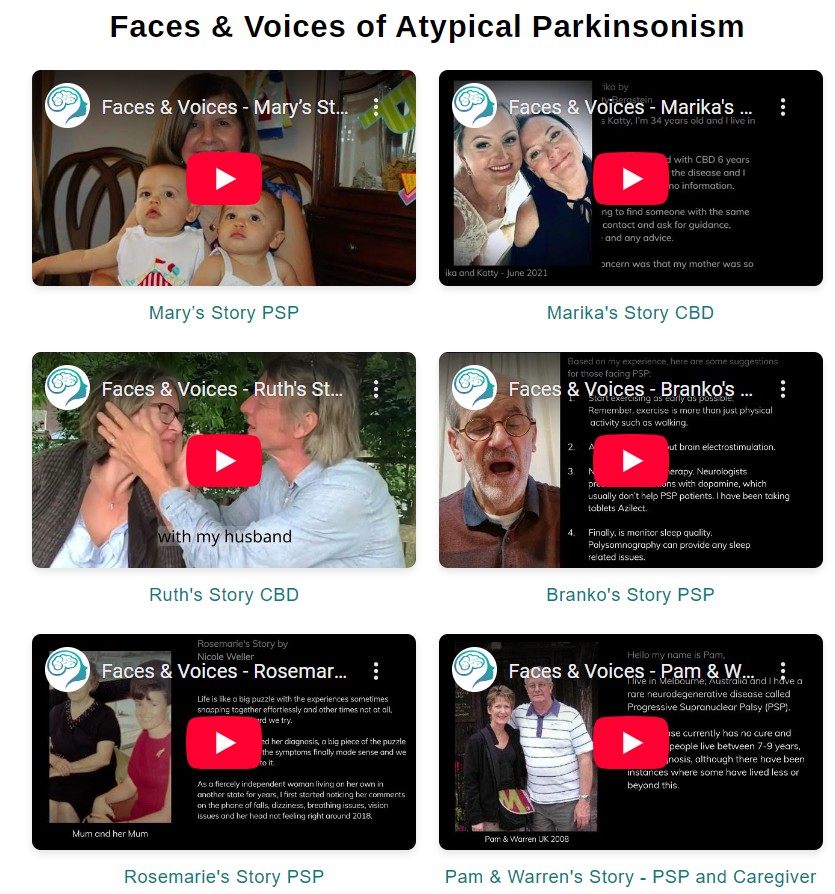
Resource Sites:
CurePSP 
PSP Awareness 

Jennifer Wexton, Former VA Congresswoman with PSP
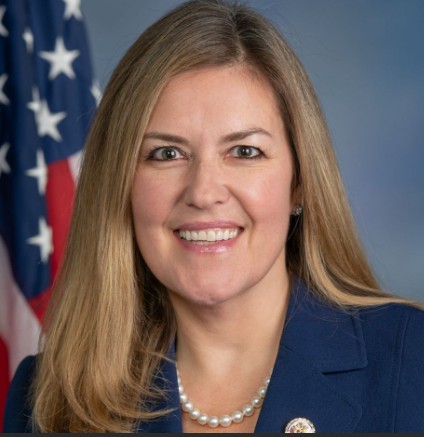
Former Congresswoman Jennifer Wexton retired from serving in Congress following her diagnosis.
She has described PSP as "Parkinson's on steroids".
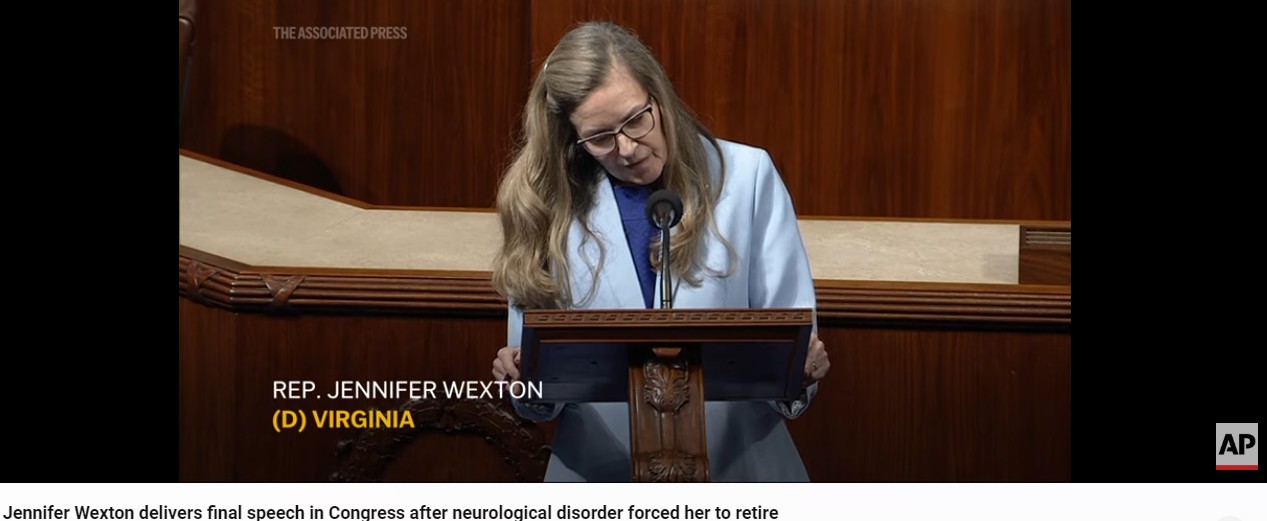

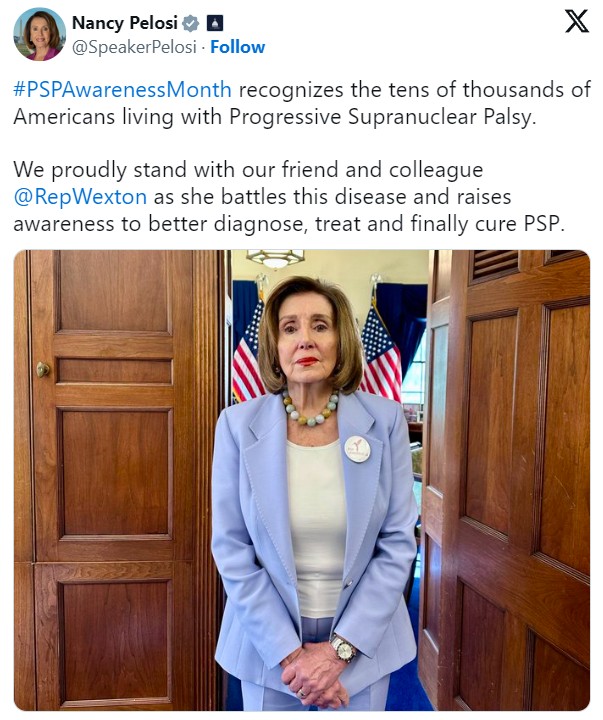
Save the Date! September 18, 2026 'Teeing Off for Katie'
Registration and Information begins June 2026...
A CurePSP Charity Golf Tournament in Raleigh, NC
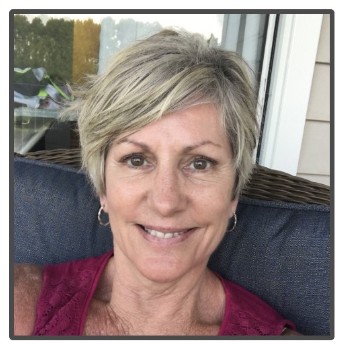
|
About the 2025 Event
Participants enjoyed a fun and meaningful day of golf, complete with a breakfast and lunch buffet. After the tournament, speakers and attendees celebrated with a BBQ sponsored by Graybar Electric featuring special guest speakers Elliott Avent (NC State Baseball Coach) and Rich Spain (Director of Development at CurePSP). Thanks to the generousity of Schneider Electric, all registration fees and donations made by Schneider Electric employees were matched, doubling the impact of their support!
|
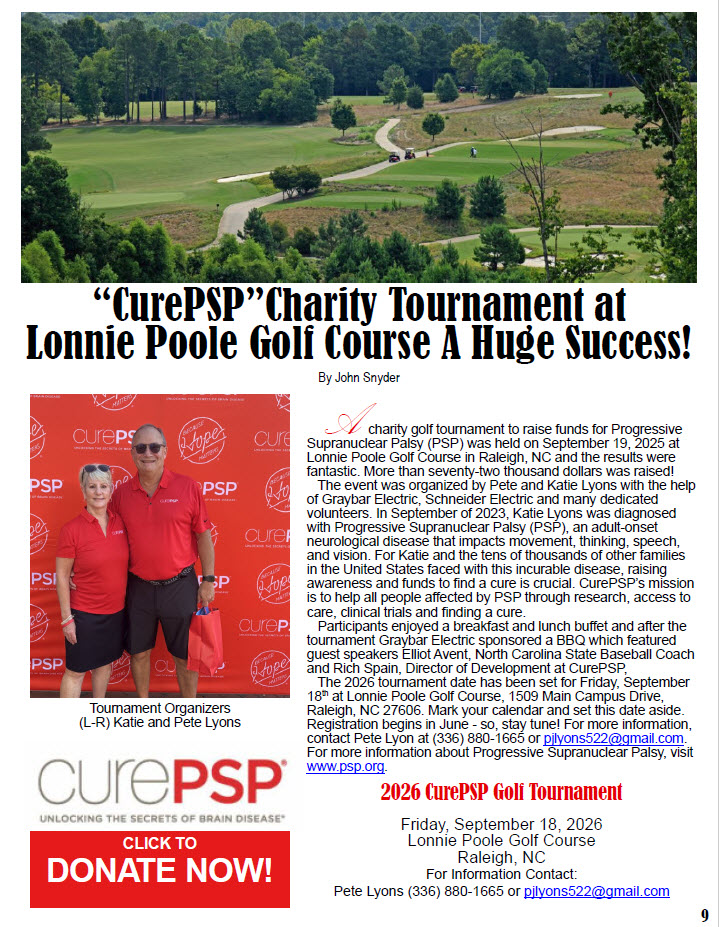
WAYS TO DONATE AND HELP
1. Donate easily once directly here through CurePSP!
OR
2. Support Nicole's team by pledging $5/10/15/20 per birdie (or lower :)... whatever you'd like to donate per birdie or lower made during their round (scramble format). Nicole will be personally teeing it up with her team again in Raleigh to support the cause and help with research towards this brutal, terminal disease that affects so many around the world as patients and caregivers alike, including her Mom (Rosemarie) who lost her battle to PSP in September 2025. Message Nicole for details on your pledge and she'll touch base upon the conclusion of the event with results and ways to get the funds to her that she'll forward to Teeing off for Katie that will be tax-deductible straight through CurePSP. Contact Nicole directly at nicolewellergolf@gmail.com.
#CUREPSP